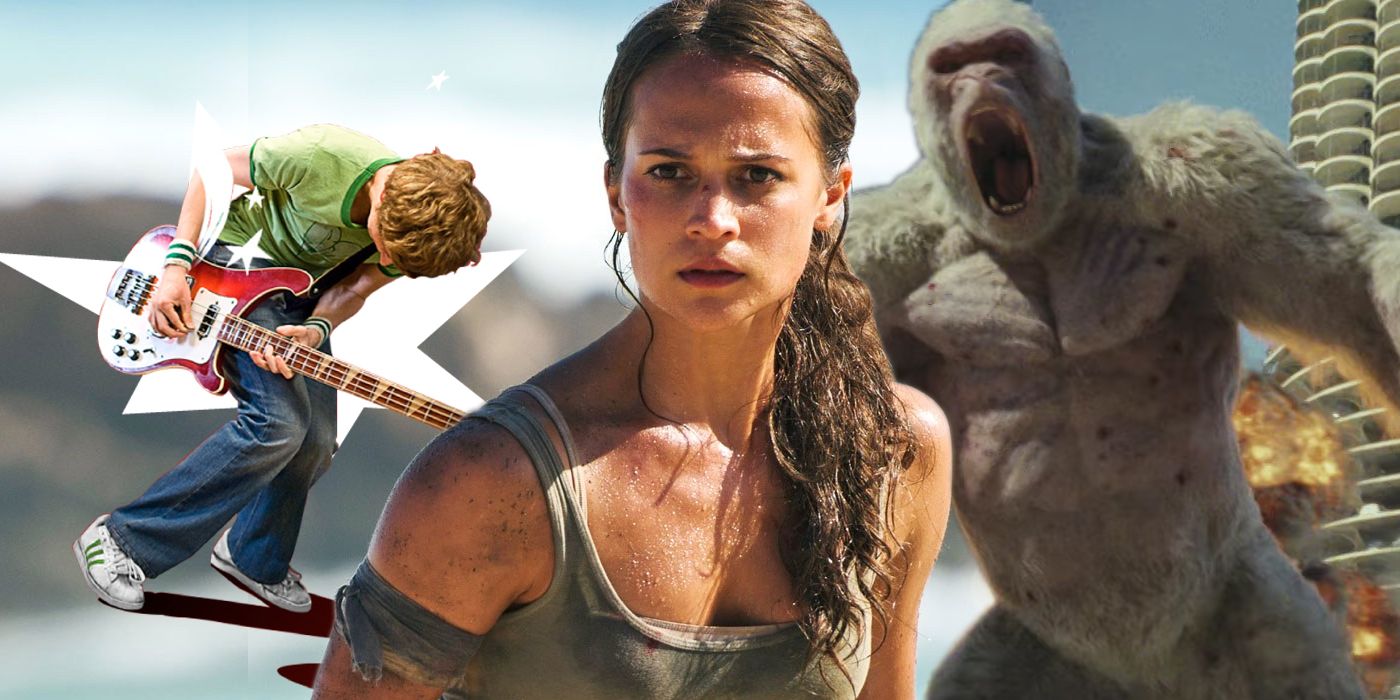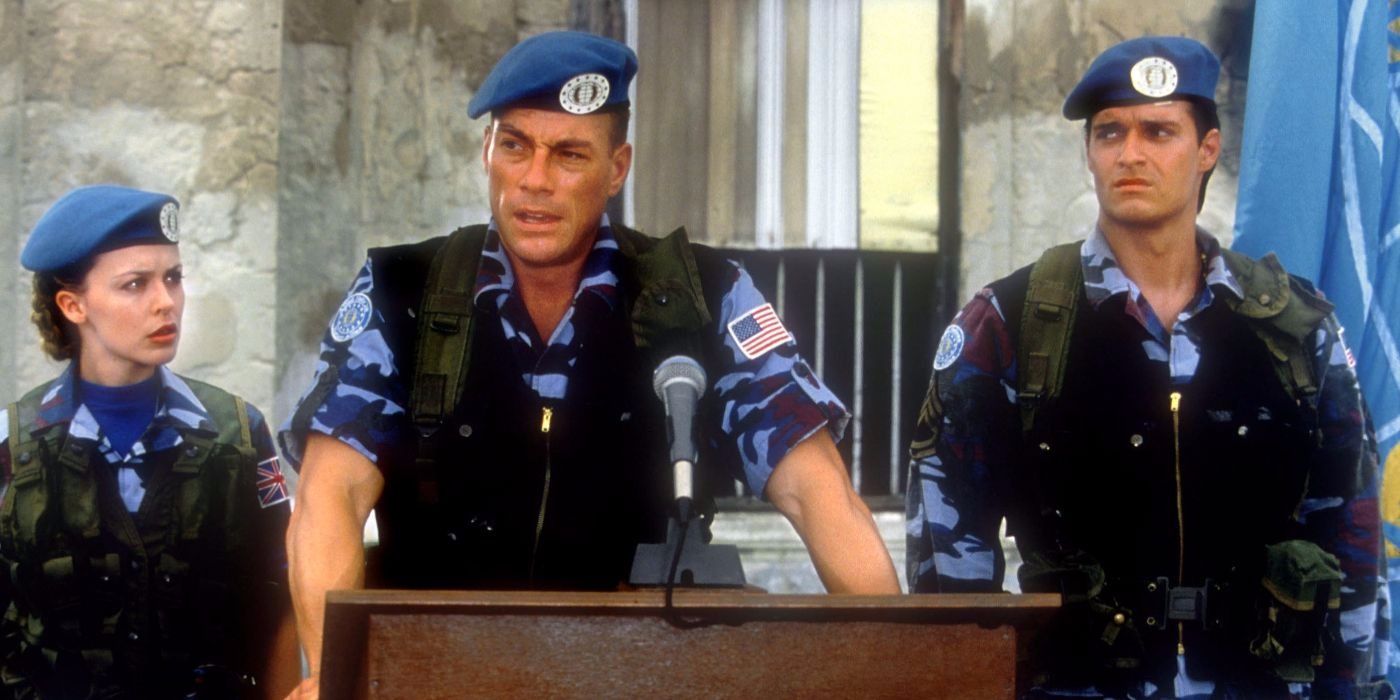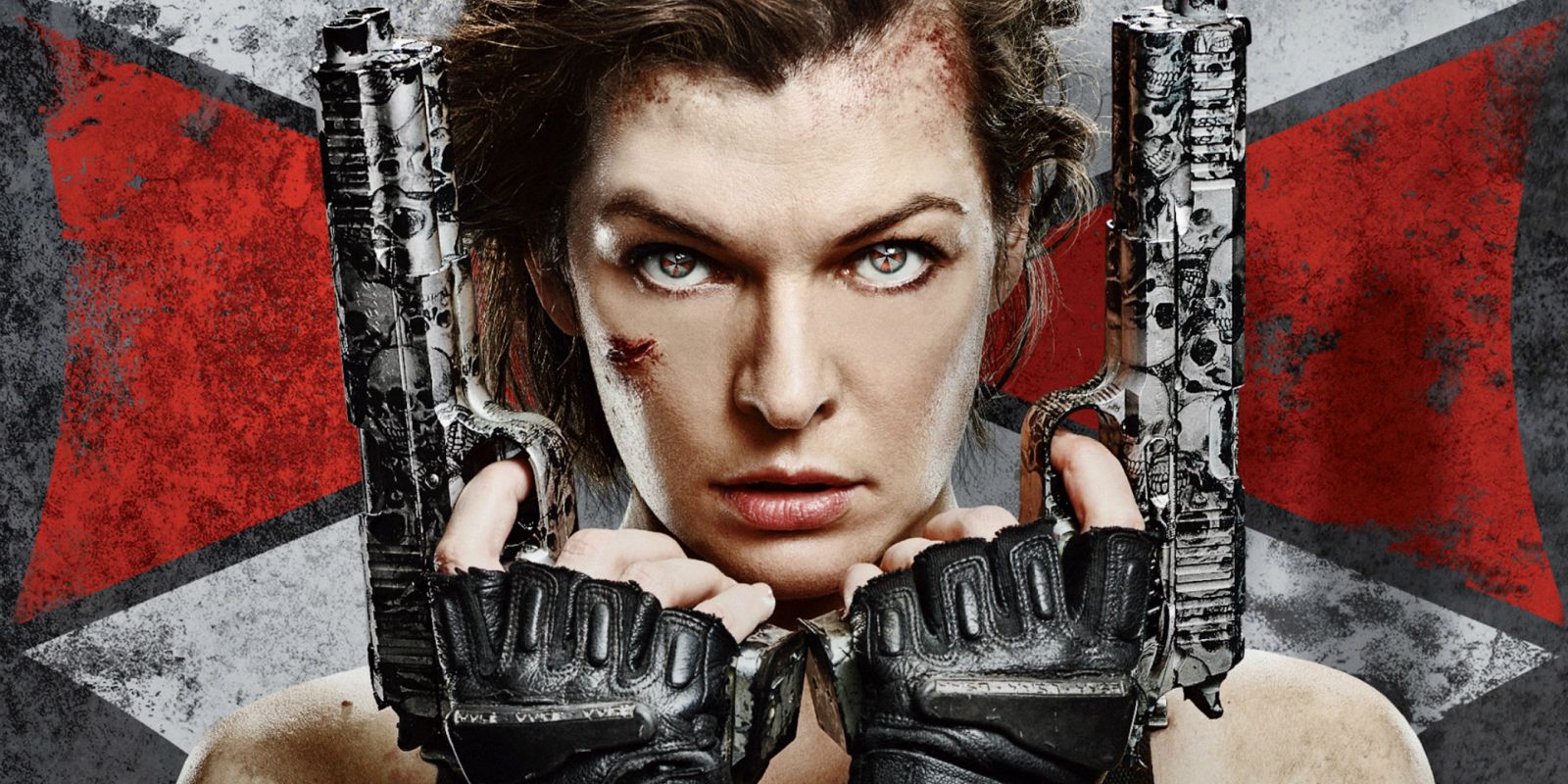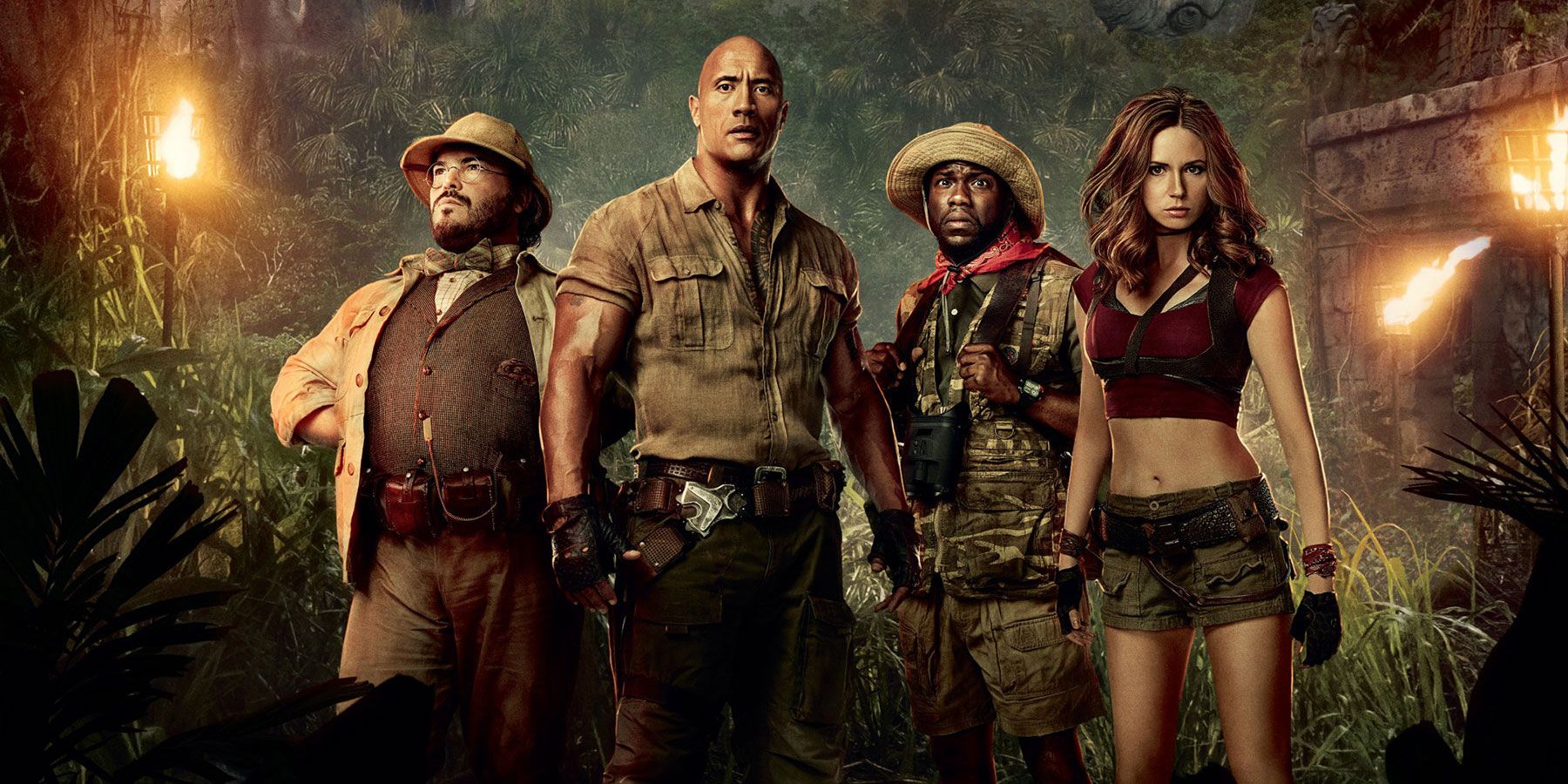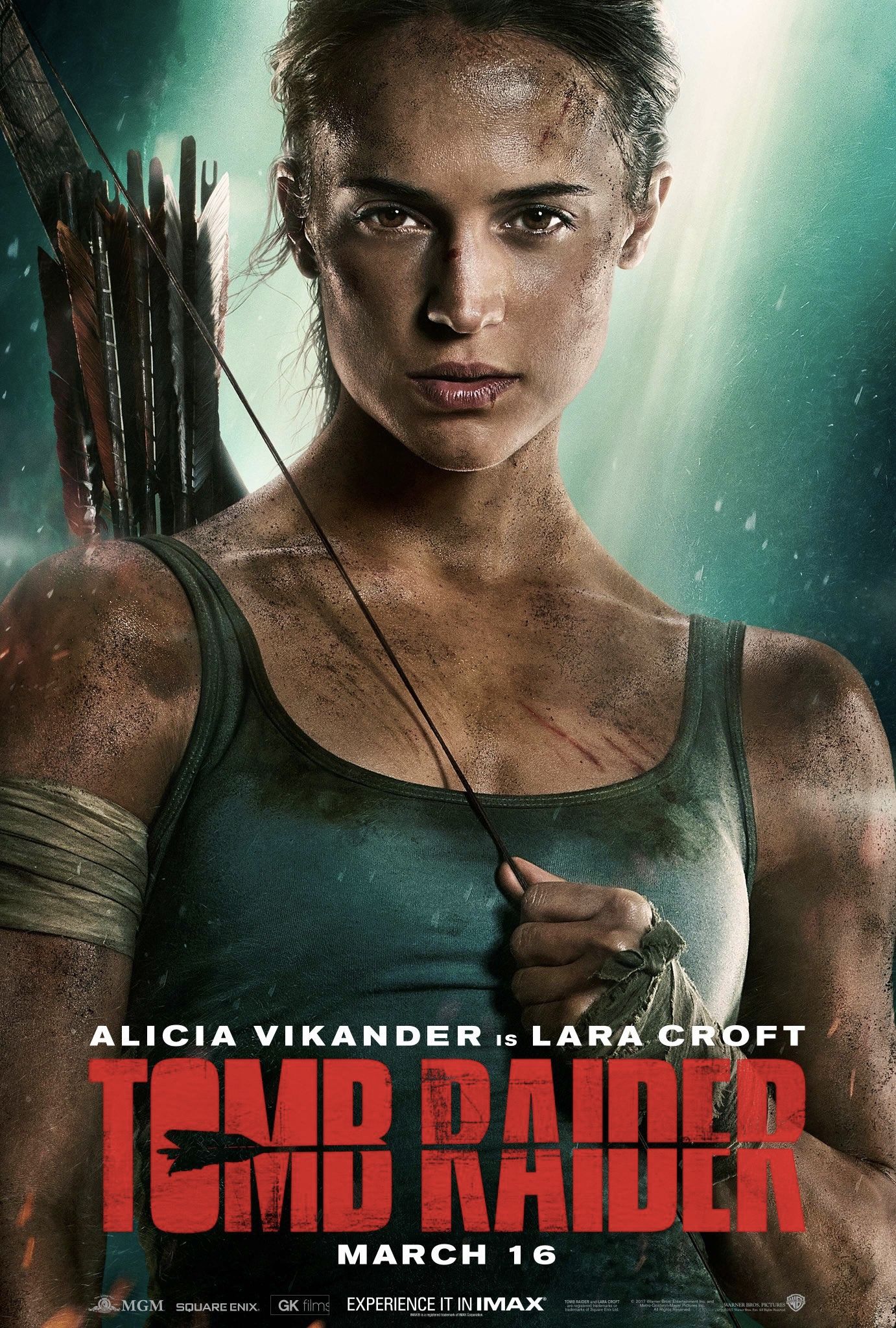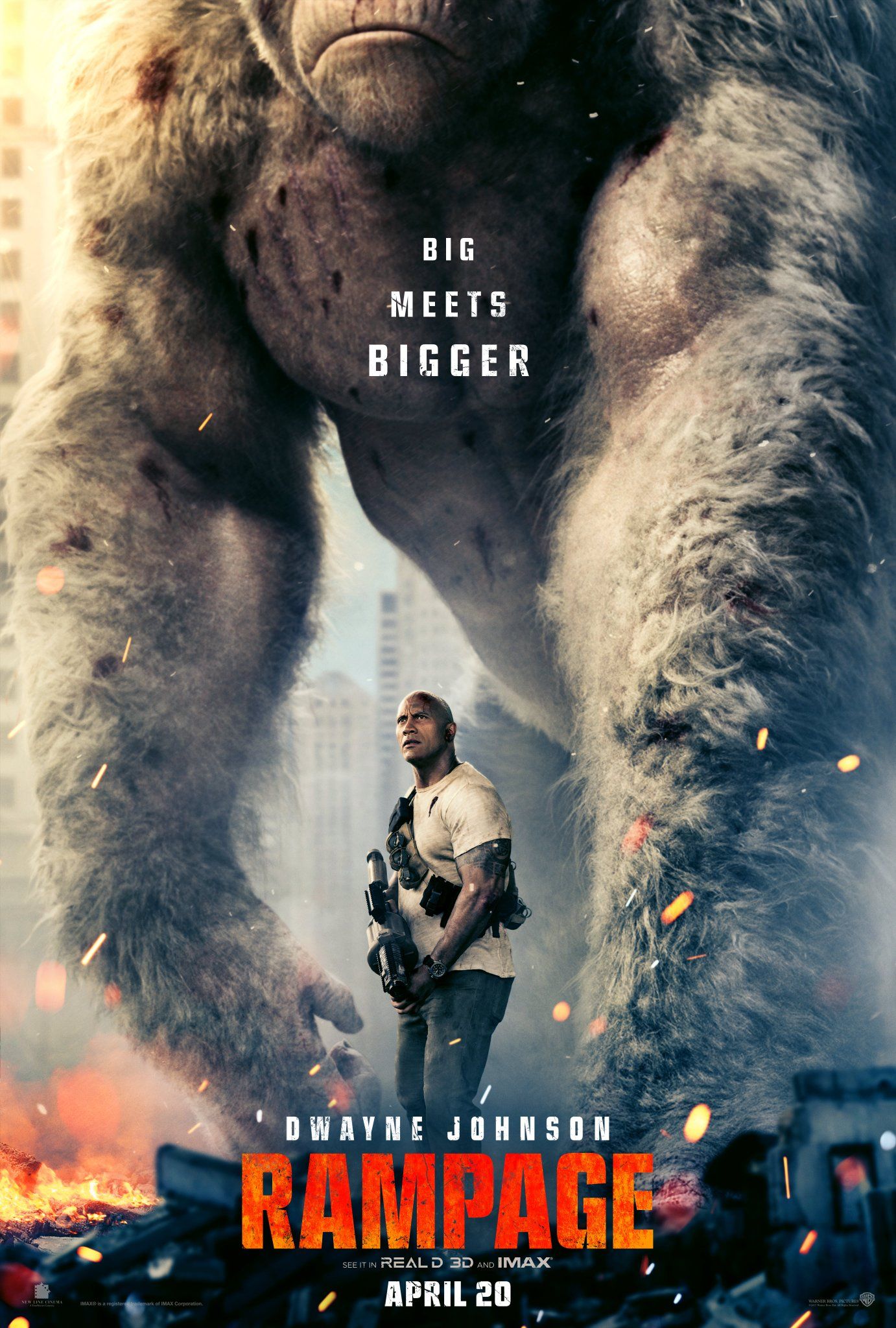We talk endlessly about the "video game curse" but does it really exist? You know the cycle, one that seems to repeat every year; a high-profile movie based on a video game comes along, the stars and critics proclaim it will finally be the one to shatter the old œvideo game movies suck! argument and then winds up being a disappointment.2016 featured two such efforts Assassin's Creed and Warcraft that promised to jump over that barrier. Both movies were based on wildly popular game franchises and had talented casts and filmmakers behind them. While they both turned a profit, neither fans nor critics were satisfied with the end results; many found Assassin's Creed dull and self-serious, while Warcraft was burdened with too much lore and exposition.Related: The Worst Video Game MoviesIt's a dispiriting pattern for sure, and it promises to start all over again with 2018's Tomb Raider reboot and Dwayne 'The Rock' Johnson's Rampage. While it's possible they could both be awesome and change the perception of the whole subgenre, from the outside they look like silly fun at best. Even Rampage director Brad Peyton recently acknowledged the so-called video game movie curse in an interview and outlined how his movie would avoid past mistakes.While the genre is still a long way off delivering The Godfather of video games adaptations, it's time to retire the tedious cycle of expectation/disappointment when it comes to a new adaptation - and acknowledge there isn't really a "curse" anyway.
Are All Video Game Movies Bad?
The video game movie genre got off to a poor start with 1993's Super Mario Bros., which was such a mess Nintendo refused to license their games for another movie until very recently for - ironically enough - an animated Super Mario movie. It only got worse from there, with the likes of Street Fighter, Mortal Kombat: Annihilation, House Of The Dead, Alone In The Dark and Doom making both game and movie fans alike quake in fear.
The most fundamental issue with these movies is the people who made them had little understanding of the games they were adapting. In many cases, they felt that so long as the movie featured the title and some recognizable characters, it would be a success. They either deviated too far from the source material or remained blindly faithful, satisfying neither loyal fans nor newcomers.
Related: The Best Video Game Movies Of All Time
Which isn't to say the genre is a total washout; Silent Hill is often cited as an ambiguous, artfully made adaptation, and while the screenplay (and Sean Bean's redundant subplot) are common critiques, the film has many defenders. And while the Resident Evil movies are lambasted by game fans, in addition to earning over a $1 billion worldwide and turning Milla Jovovich into a female action icon, the first movie functions quite well as a suspenseful prequel to the original game. The cult of Jake Gyllenhaal's underrated Prince Of Persia movie seems to grow each year too.
Digging a little deeper, Warner Bros. Animation's Batman: Assault On Arkham featured a plot centered on the Suicide Squad, and was a most enjoyable spin-off of the Arkham game series; some fans even found it superior to David Ayer's Suicide Squad. Most recently, Netflix's Castlevania series proved it was possible to have an anime video game adaptation that honored the games whilst having a surprisingly good script, beautiful artwork and likable characters.
Why The Video Game Movie Curse Doesn't Really Exist
In spite of the genre's critical reputation fun fact, Castlevania is the only adaptation certified fresh on Rotten Tomatoes that hasn't stood in the way of its continued success. The Resident Evil series became gradually more profitable with each entry despite the reviews; a reboot is currently in the works. Warcraft proved even a talented filmmaker like Duncan Jones can struggle with a video game movie, but it's currently the highest grossing live-action adaptation at over $430 million worldwide.
The inbuilt fanbase for these properties almost guarantees they'll turn a profit, with even indifferently received efforts like 2014's Need For Speed cruising to a tidy $200 million and a possible sequel. Rampage will likely prove a success based on The Rock's star power alone, while Tomb Raider may as well book Alicia Vikander for a sequel now. Like most blockbusters, there are many elements studios rank in importance brand recognition, star power and international appeal before the quality of the script, which has proved a regular failing for game adaptations. Video game movies rarely top Best of the Year lists because that's not the goal.
Related: The Highest-Grossing Video Game Movies Of All Time
Movies and games also entirely different mediums; one is passive and the other immersive. Gaming is about how the player impacts the world around them, so naturally finding a happy balancing act between the two has proven tricky. And that's where the many, many misfires come from. But there are already encouraging signs the overall quality of these movies is about to shoot up.
Video Game-Style Movies Are Successes
There are already a number of well-reviewed, financially successful video game adaptations they just aren't based on existing games. Jumanji: Welcome To The Jungle has been a surprise mega-hit for Sony it's set to pass Wonder Woman at the global box-office soon and it wallows in gaming tropes. The story finds a group of teenagers entering a Jumanji game world where they have mission objectives, limited lives, puzzles to solve, character-based weaknesses and even a boss to defeat.
Edge Of Tomorrow was another movie that borrowed narrative elements from video games, where Tom Cruise's soldier is granted unlimited lives, allowing him to learn from previous mistakes in combat. It also features Call Of Duty-style action sequences, training and gun turret sections, and Cruise's character gradually upgrading his abilities. Director Doug Liman even acknowledged the heavy video game inspiration prior to release.
In the way video games used to feed off movies for cinematic inspiration, the filmmakers who grew up on those titles are now integrating game logic into their own movies. There are dozens of other movies that have successfully integrated game tropes, including Scott Pilgrim, Crank, Dredd, Hardcore Henry and even Inception. Spielberg's Ready Player One is based on a book positively drowning in video game references and merges current tropes (virtual reality) with a hefty dose of nostalgia (Battletoads, Tomb Raider, Overwatch etc).
Related: Ready Player One: Every Trailer Cameo & Easter Egg
One day, there will be a video game adaptation that ticks all the boxes; it pleases the fans, welcomes the newbies, honors the game and, most important of all, proves to be a great movie on its own terms. It could that long-gestating Metal Gear Solid, Tom Holland's Uncharted or even John Cena's Duke Nukem movie (that last one feels like a long shot though). Until that day arrives, it's first necessary to acknowledge game adaptations haven't suffered much from a supposed "curse" in terms of box-office and, for now, stop touting the next film as the one to finally overcome the critical scorn.
More: Announced Video Game Movies We're Still Waiting On

